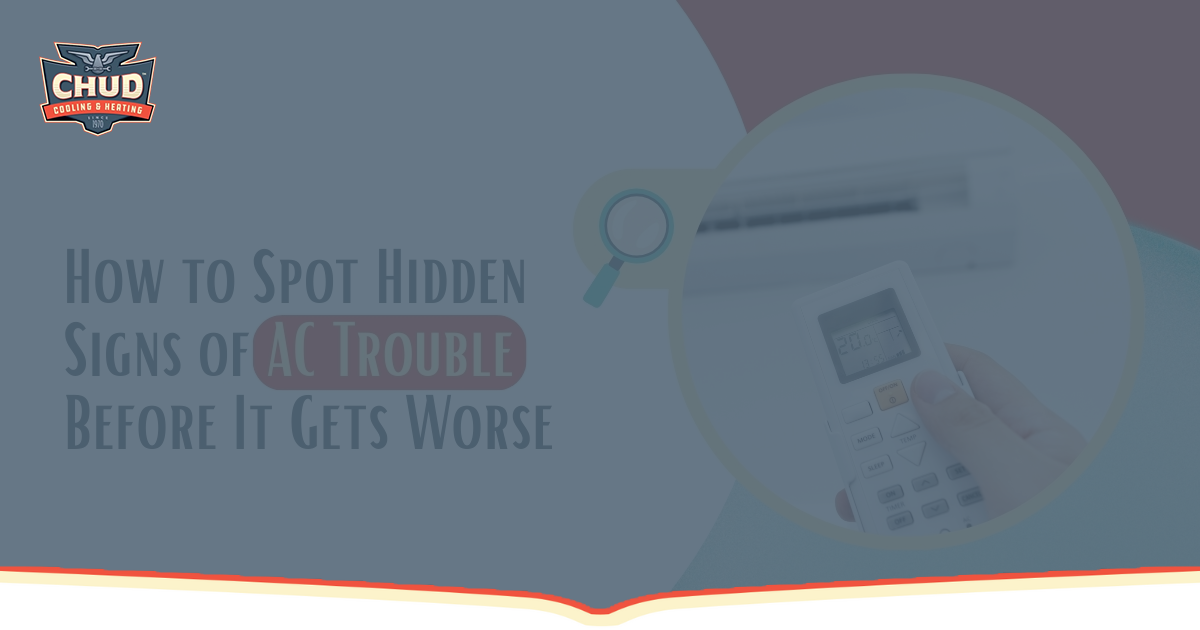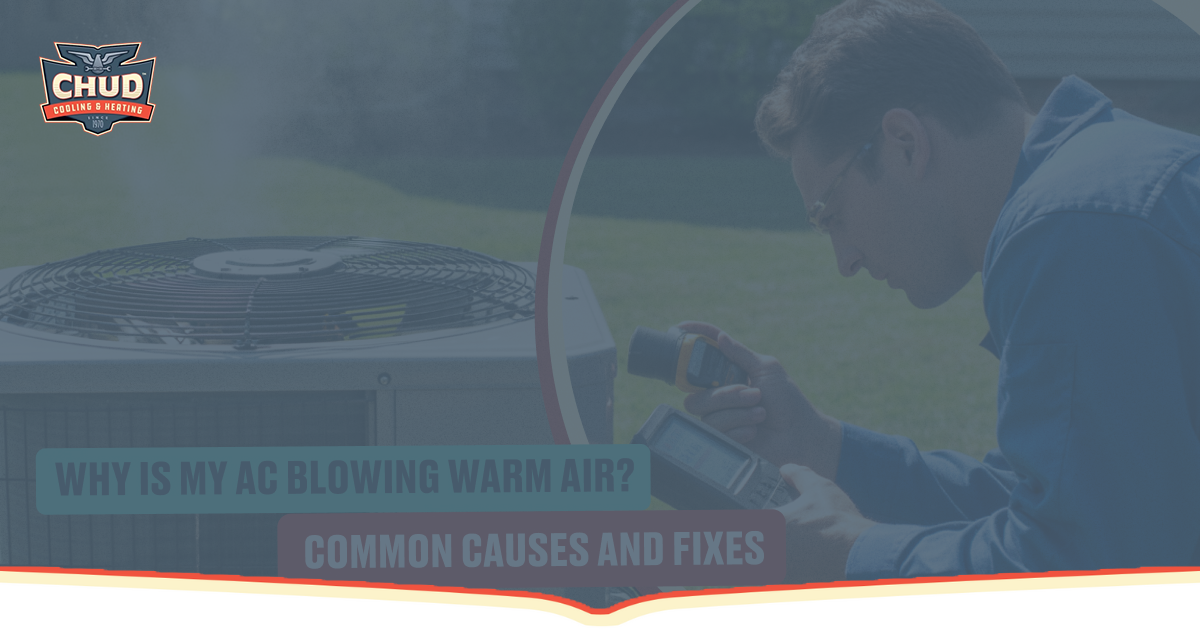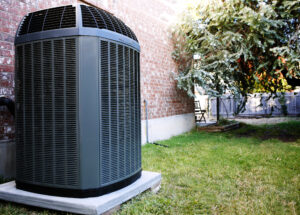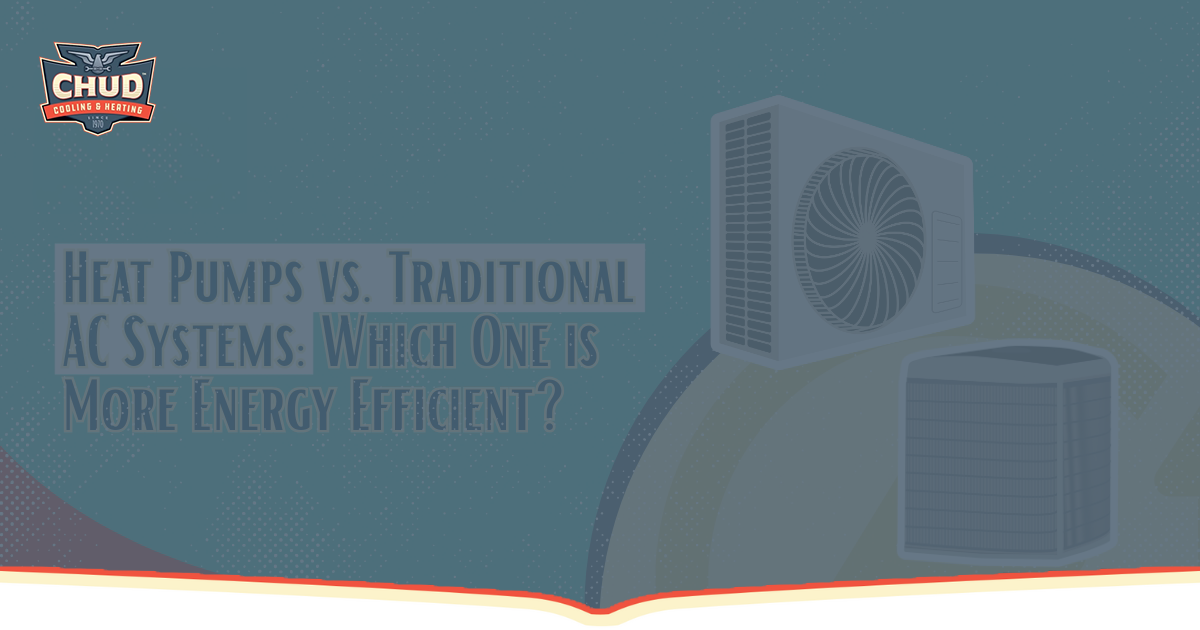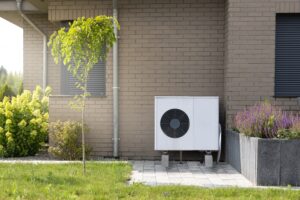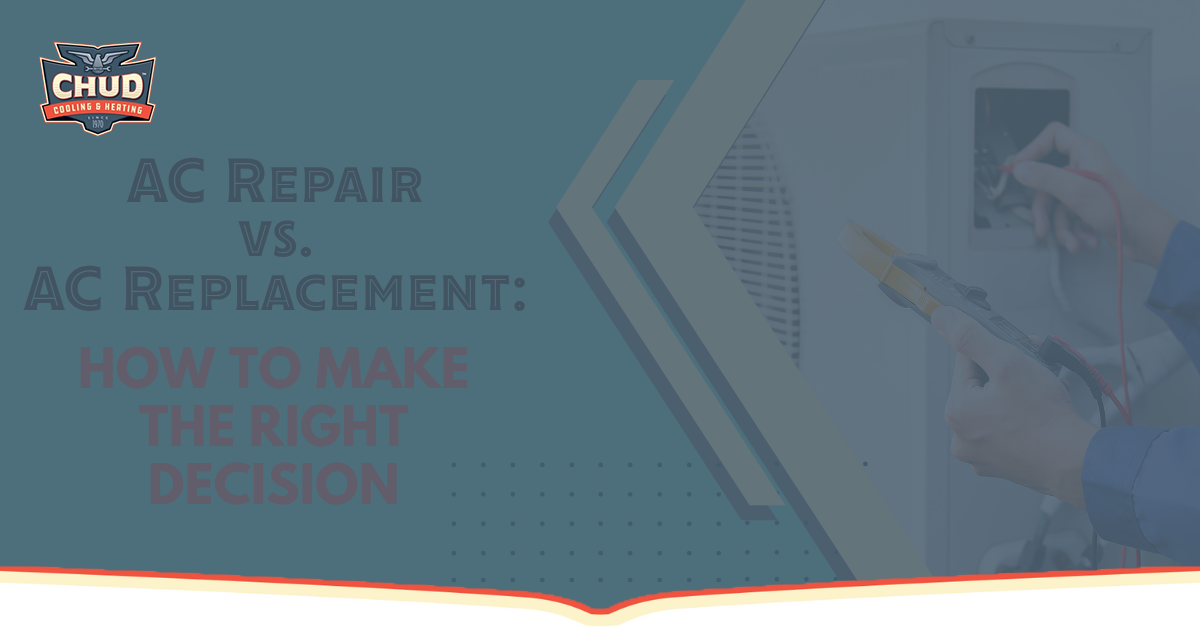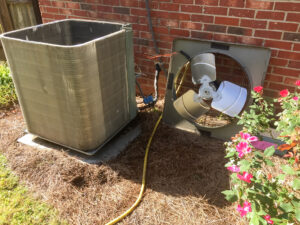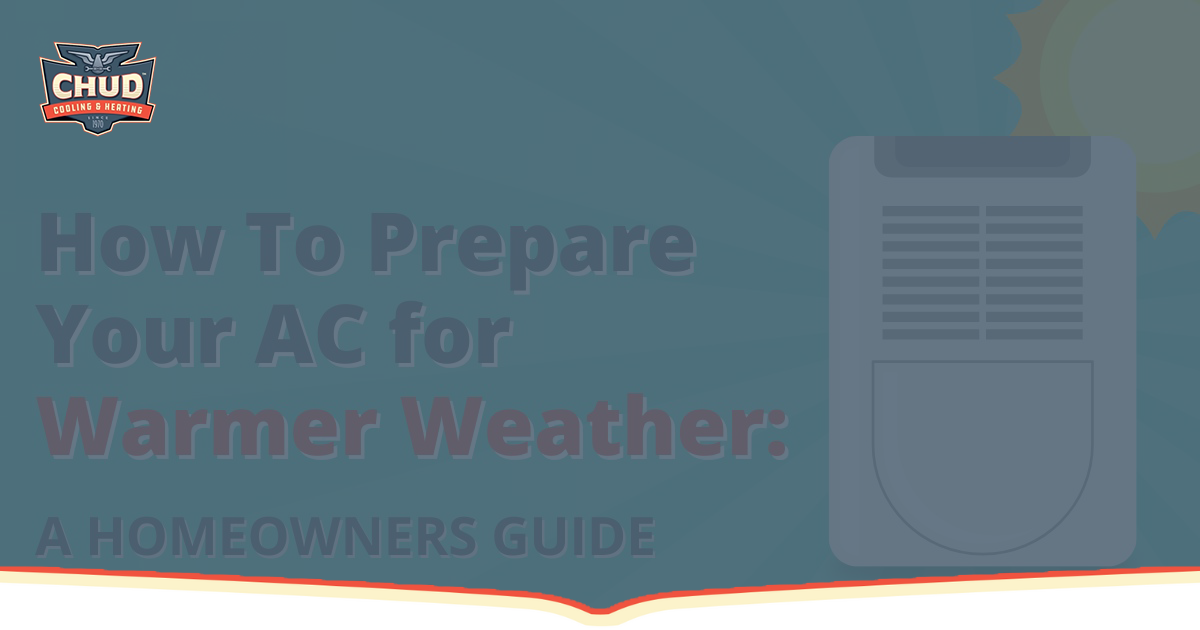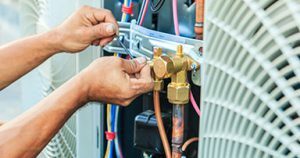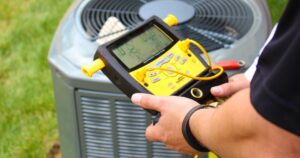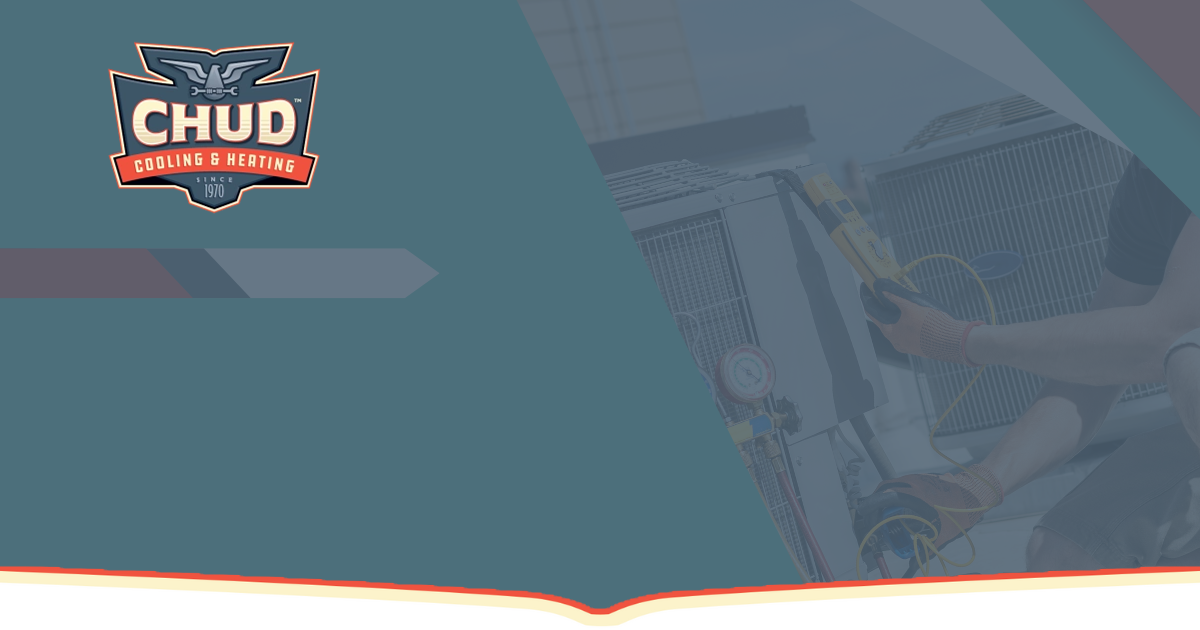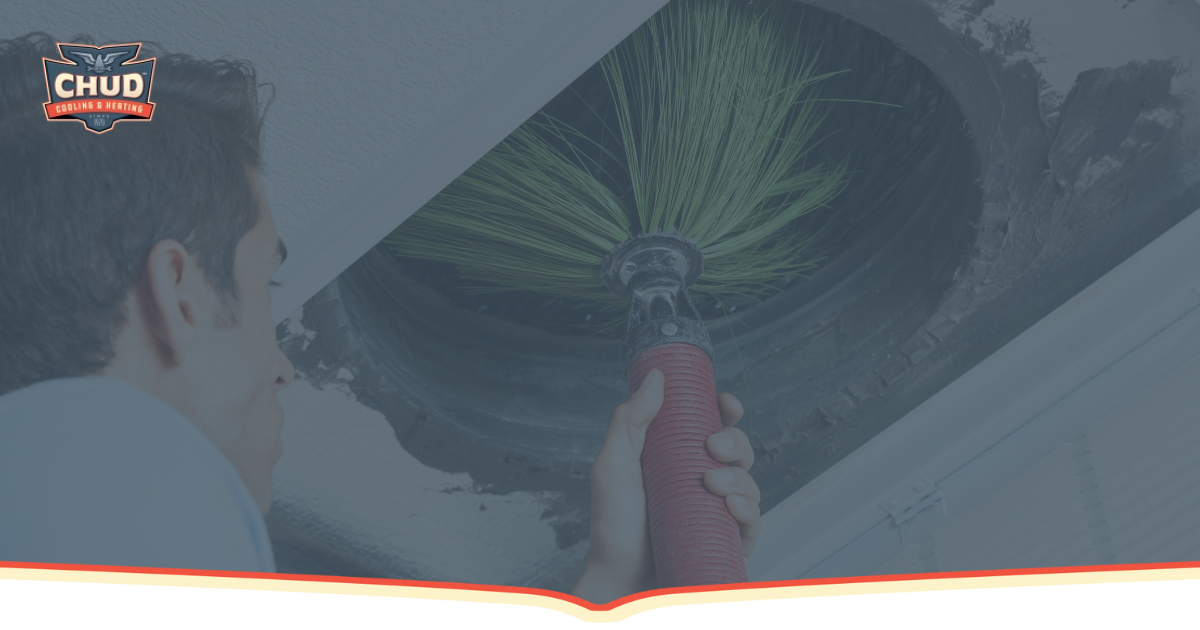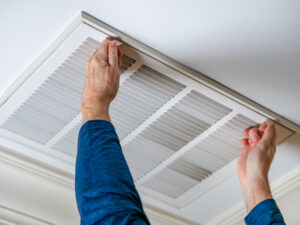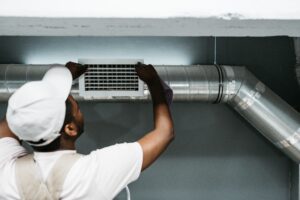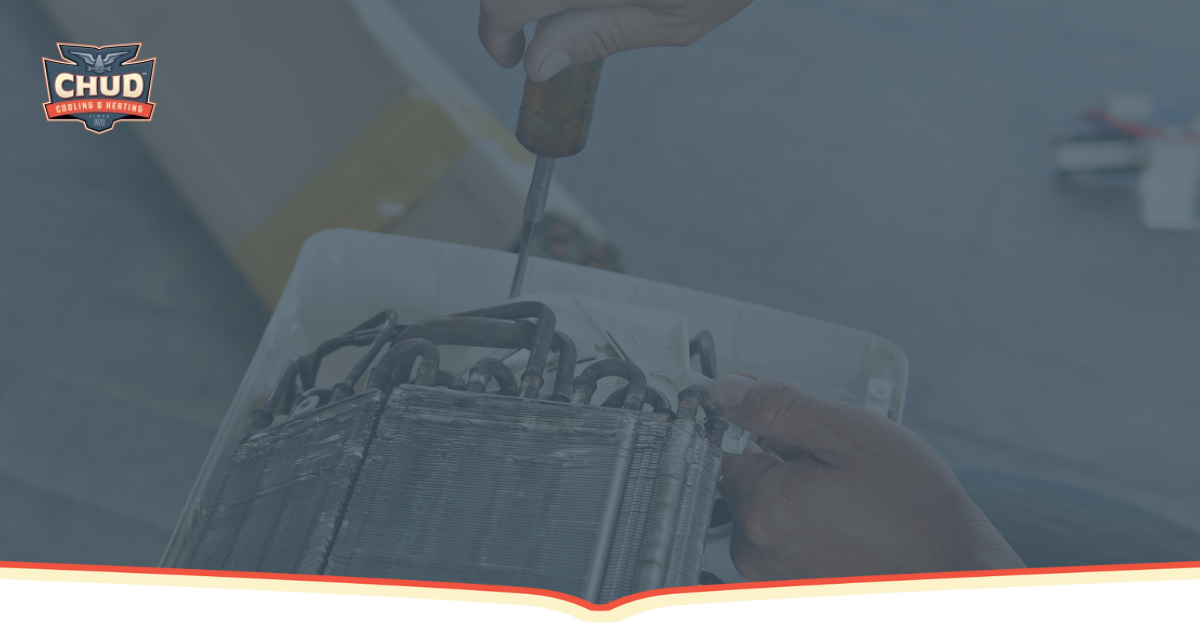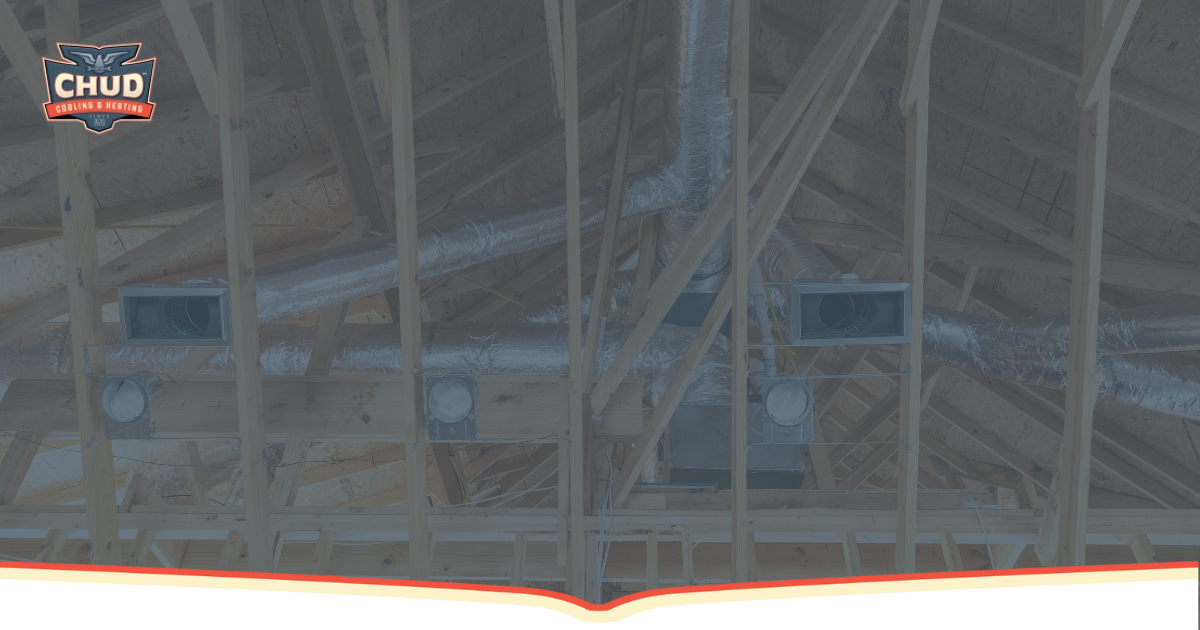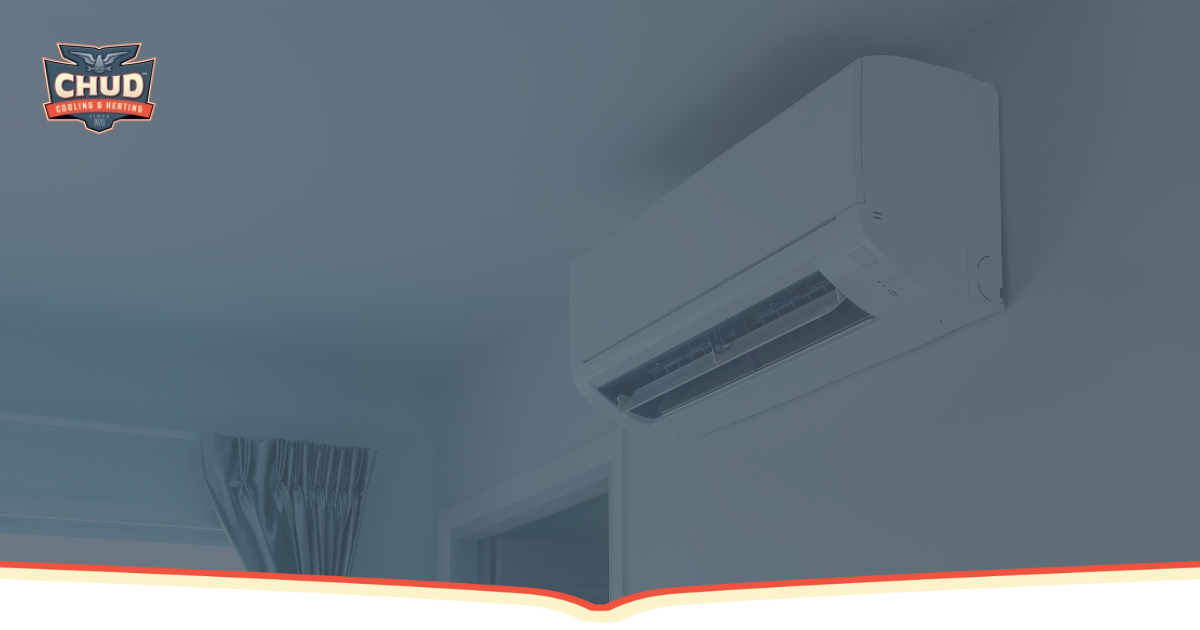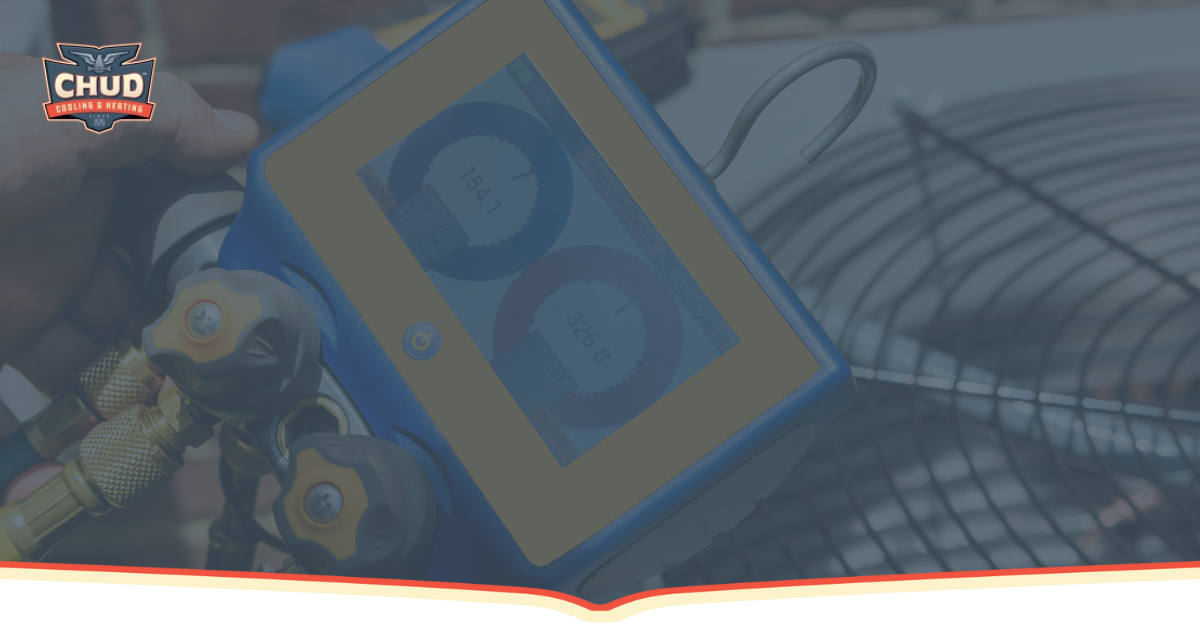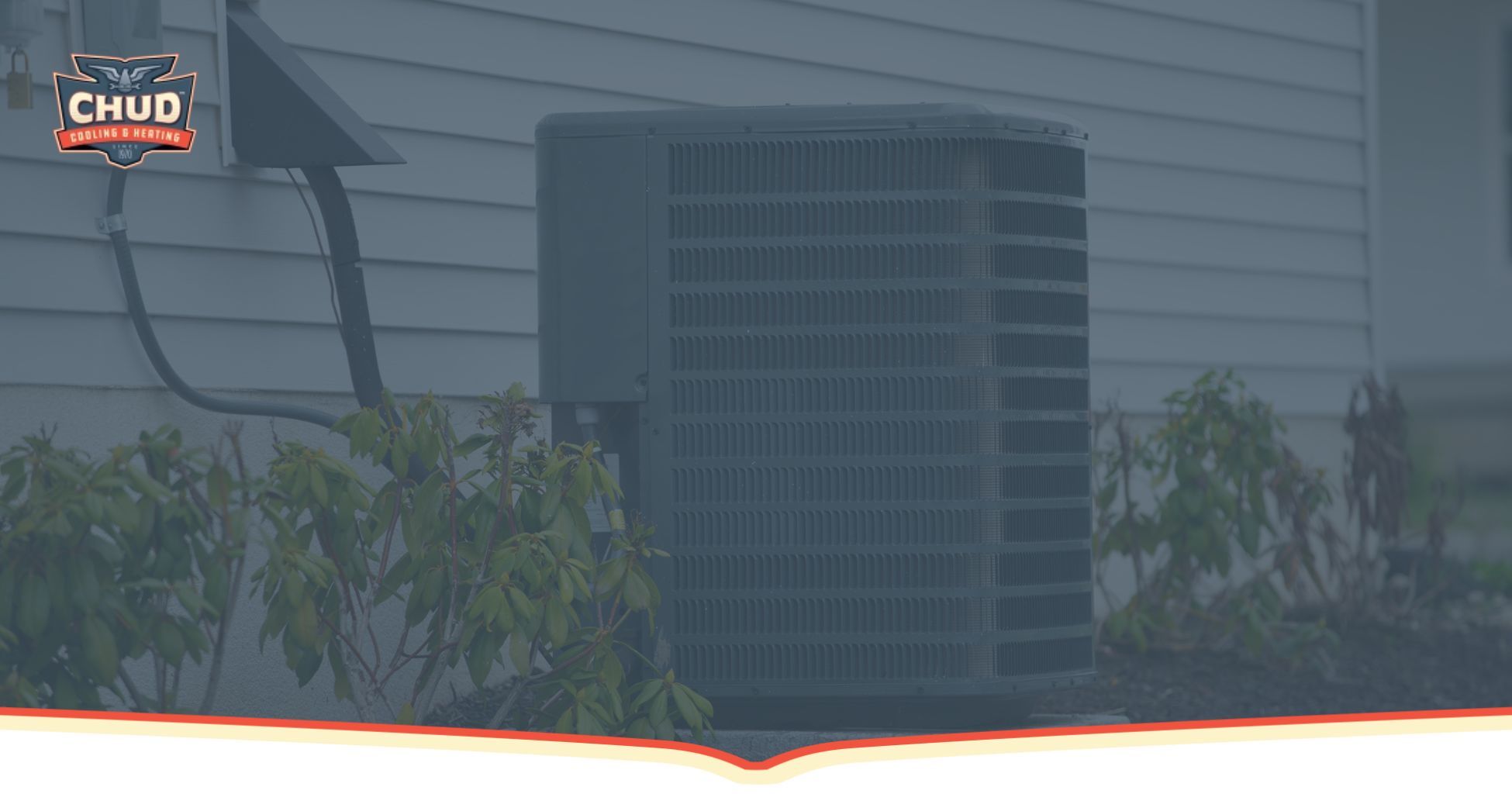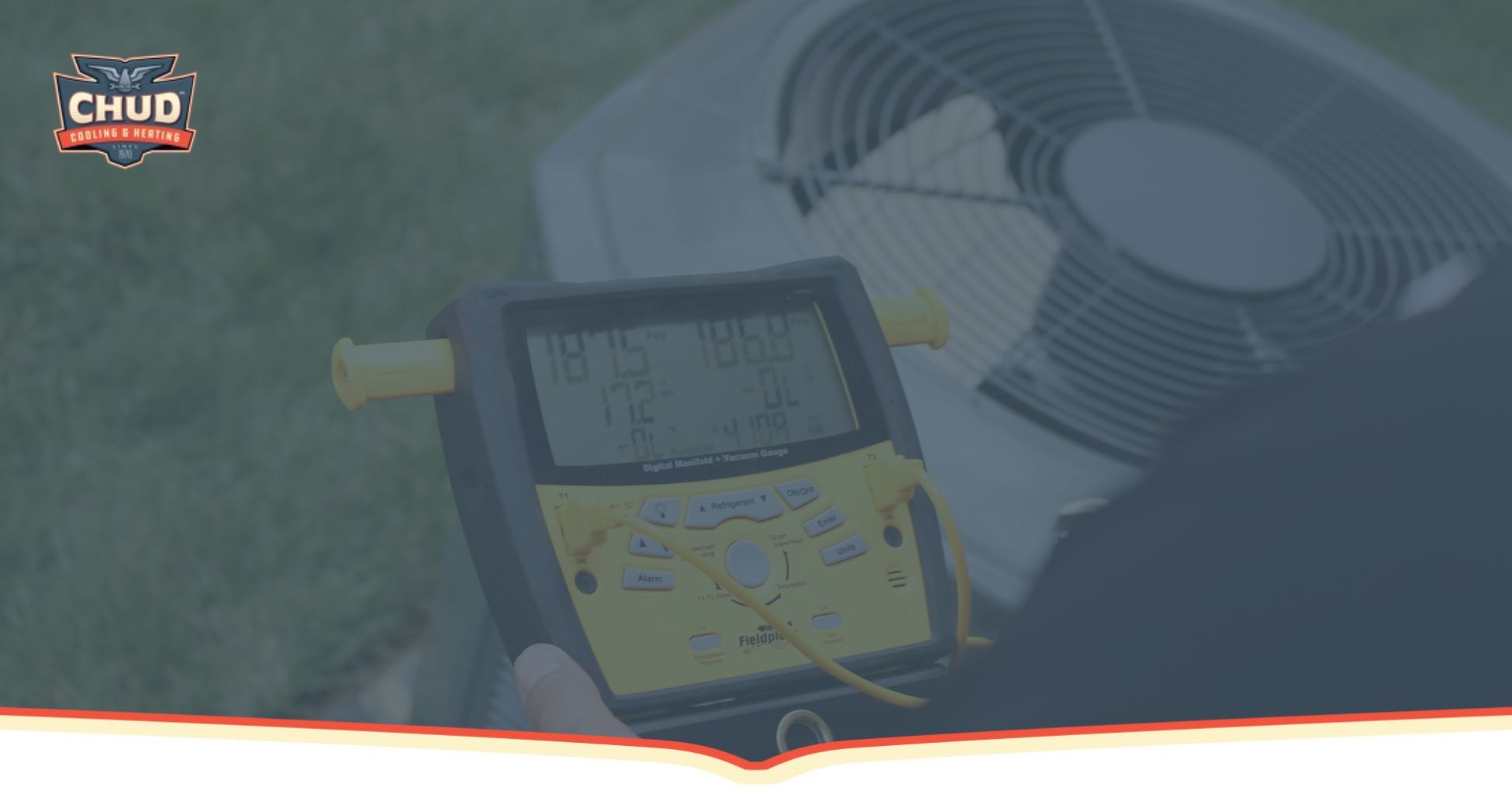How to Spot Hidden Signs of AC Trouble Before It Gets Worse
After a lovely day out at one of Abington Township’s many beautiful parks, the last thing you want to face is a problem with your air conditioner. Fortunately, knowing how to spot hidden signs of AC trouble early is a smart way to address the issue before it gets worse. If you’re not sure how to identify early AC warning signs, the experts at Chud Cooling and Heating have some helpful information for you. Once you learn how to spot these signs, you’ll have the power to address them before they turn into a full-blown AC breakdown.
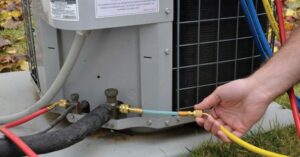
Early AC Warning Signs You Shouldn’t Ignore
If your air conditioner isn’t performing as it should, it’s important to get it inspected and repaired as soon as possible. Here are some early signs of AC problems that you should not ignore.
- AC stops producing cool air: An AC that starts blowing warm air or just stops producing cooled air altogether may need professional attention, since this issue could be due to a malfunctioning compressor.
- Weak airflow: Little to no airflow could be due to a clogged filter, or it could be related to damaged ductwork or an issue with the unit’s blower motor.
- Odd noises: Buzzing, hissing, screeching, and grinding noises are all early warning signs of AC failure that need the assistance of a certified HVAC technician.
- Leaks: Any moisture or water leaking or pooling from your air conditioner is one of the most common AC issues that needs attention. It may be due to a refrigerant leak or problems with the condensate line.
- A spike in energy bills: A sudden spike in your monthly energy bills is a big red flag. High energy bills related to your air conditioner indicate lurking major issues with its overall performance and energy efficiency.
- Short cycling: If your AC is turning on and off frequently (AKA short-cycling) before reaching the desired temperature, it might be due to a thermostat issue or an improperly sized system.
How Unusual Sounds and Smells Signal Trouble
Strange AC noises and unpleasant odors are both signs of AC trouble. Here’s how these odors and sounds spell trouble for your air conditioner.
- Musty smells: A stale, musty odor often indicates the presence of mold or mildew, which may be related to an AC leak.
- Burning odor: If you notice a strange burning smell coming from your air conditioner, it’s likely an electrical issue that needs professional attention ASAP.
- Banging sounds: A loud banging or clanking noise could indicate that your AC has loose or broken components.
- Hissing noises: Loud, sudden hissing noises often mean that you have a refrigerant leak.
- Screeching: A screeching or squealing noise may indicate a problem with the fan blades, a belt, or bearings in the AC motor.
Poor Airflow and Rising Bills? Your System Might Be Struggling
Poor airflow from your AC, accompanied by rising energy bills, is a sure sign that your system is struggling. Start by checking the air filter to confirm that it’s not dirty or clogged, and if it is, go ahead and replace it. When airflow is poor, it forces your system to work harder, resulting in a drop in performance and higher energy bills. One way to address this problem is to schedule an annual inspection, cleaning, and tune-up as part of your seasonal preventative maintenance plan.
Check the Thermostat: Is It the Real Culprit?
If your AC is not cooling properly, it might be due to issues with the thermostat. Here’s how to check and confirm whether your thermostat is the real culprit.
- Step one: Make sure your batteries are fresh if you have a battery-powered thermostat, and check the circuit breaker if your thermostat is hardwired to confirm that it has not tripped.
- Step two: Verify that your thermostat is set to “cool” mode and that the fan is set to “auto.”
- Step three: Confirm that nothing is blocking your vents (like area rugs or furniture), which can restrict airflow and cause a variety of AC performance issues that are easy to fix by removing the obstructions.
- Step four: Clean your thermostat sensors with a soft, non-abrasive cloth, and make sure it’s located away from heat sources like lamps and out of direct sunlight.

When to Replace Air Filters to Prevent Bigger Issues
Most air filters should be replaced every 30 to 90 days, depending on the manufacturer’s instructions. However, you should replace your air filter earlier than that if you’ve recently remodeled your home, you have multiple pets in your household, or if someone in your home has allergies or asthma. Inspect your air filter regularly, and if it’s dirty or clogged, go ahead and replace it. The sooner you replace the filter once you notice a problem, the less you’ll need to worry about airflow problems, high energy bills, and a drop in performance.
Extend Your HVAC System Lifespan with Timely Repairs
The experienced team at Chud knows how to tell if your AC is broken. You can extend your system’s lifespan and protect your investment by getting timely professional repairs before they turn into major breakdowns. While you can’t always prevent your air conditioner from breaking down unexpectedly, knowing how to recognize these common early warning signs is a great way to try and prevent minor issues from turning into major, expensive repairs later. As soon as you notice unusual odors or noises, airflow issues, inconsistent cooling, or any of these other signs, give us a call right away, and we’re happy to help.
Call Chud Cooling & Heating Today
Chud Cooling & Heating is a local leader in HVAC maintenance and repair with over four decades of experience serving Abington and Wayne-area homeowners just like you. If you’re experiencing any of these hidden warning signs, schedule a professional repair with our company today. We’ll help you maintain your AC to prevent these problems before they escalate into a stressful breakdown. To find out more or to schedule your professional preventive AC maintenance or repair service, contact us today!
